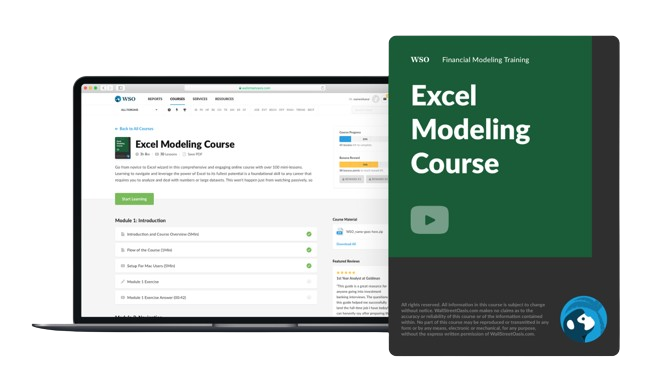Inflation
What is Inflation?
Inflation is the term used in economics to describe the rate at which the price of a representative basket of goods is increasing. Some inflation is good, and central banks attempt to achieve a consistently inflation level of around 2%. However, if inflation becomes too high then purchasing power is reduced and consumer spending is reduced.
The typical response to undesirable inflation levels by central banks is to adjust interest rates; raise them to avoid high inflation to promote saving and reduce spending or lower them to encourage spending and lending.
Free Resources
To continue learning and advancing your career, check out these additional helpful WSO resources:




or Want to Sign up with your social account?